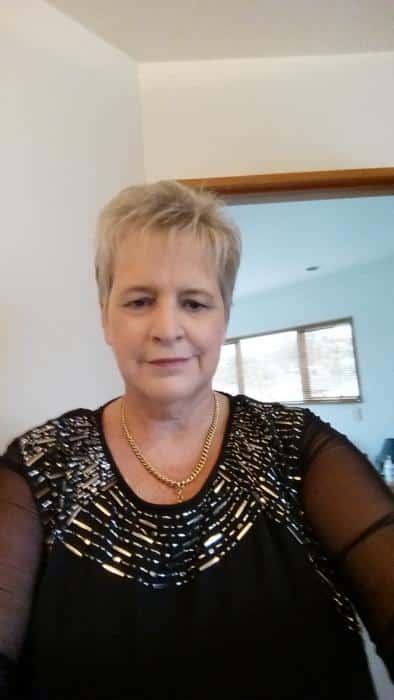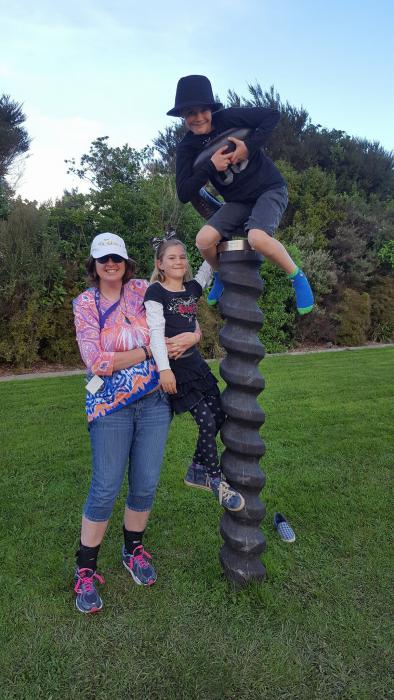30 May 2017 – A recent report identified barriers that prevent the uptake of learning and development as well as implementation of knowledge into practice. John Vogenthaler writes on how these issues have a significant impact on autistic people and their whānau.

John Vogenthaler is a project manager on Te Pou’s Disability Workforce Development team, focussing mainly on improving the capabilities of the workforce to support individuals with Autism Spectrum Disorder.
WENDY AND GABBY are members of the reference group collaborating on the much-needed development of an autism skills framework for the disability workforce. Both women have experience of autism.
Wendy is the mother of a 23-year-old autistic man who currently receives support in a residential setting. Previously, Wendy and her son received individualised funding (IF) which gave them choice and control to choose who provided support for her son and how.
As Wendy’s son grew up, they went through several support workers and struggled to find someone that understood her son and Autism Spectrum Disorder (ASD).
Wendy has chosen psychology students as support workers in the past. “I thought, this is great – this person has an interest in autism,” she says. But without much knowledge of ASD, they were unable to connect with her son. “He can tell when people don’t understand him and that’s when he has started hitting them.”

Wendy Duff
“It’s stressful being a mum,” she says. “I don’t have time to teach people about my son and his autism. But having a framework that outlines the needs of autistic people would be a huge help.” Wendy explains, “I would still have to find my own staff if we were using IF, but being able to send them to training and feeling like they have a basic understanding would be amazing.”
Gabby is an autistic woman. “Imagine being able to prevent an autistic crisis,” she says. “That’s why I think a framework is needed. It could reduce the number of people with autism that go into crisis and help people to know the warning signs and where to go for help.”
The autism framework reference group, chaired by Te Pou’s John Vogenthaler, is made up of organisations and individuals – both autistic and non-autistic.

FAMILY SUPPORT: Gabrielle Hogg with nephew Nathanial and niece Mercede
“I have liked being treated as equal to the non-autistics,” Gabby says. “John has adapted the reference group to our needs too. He attempted to make a visual aide for me and gave the options to everyone so I was never singled out.” Gabby noted that he did forget the visuals once. “I joked with him about it, ‘you know the saying with autistics: three steps forwards, two steps back’. We had a chuckle about that.”
“The group surprised me,” says Wendy. “The success has been in working with people with ASD and parents of people with ASD. It’s one of the best groups I’ve been part of.”
The framework outlines the knowledge and skills expected by people with autism, families, support providers, specialists and IF employers. It will help employers identify where their workforce needs training, and training providers to develop the training the sector needs. People with autism and their whānau and caregivers will also be able to use the framework to increase their own knowledge and skills.
The resource is expected to be available at the end of 2017. “I know my IF host can’t wait for the launch of it,” says Gabby.
Altogether Autism Autistic Advocate, Paula Jessop, and regular Journal contributor, Tanea Paterson, are also members of the reference group contributing to the Te Pou autism framework reference group.
- John Vogenthaler is a project manager on Te Pou’s Disability Workforce Development team, focussing mainly on improving the capabilities of the workforce to support individuals with Autism Spectrum Disorder.
This article first appeared in the Altogether Autism Journal issue 2, 2017.


